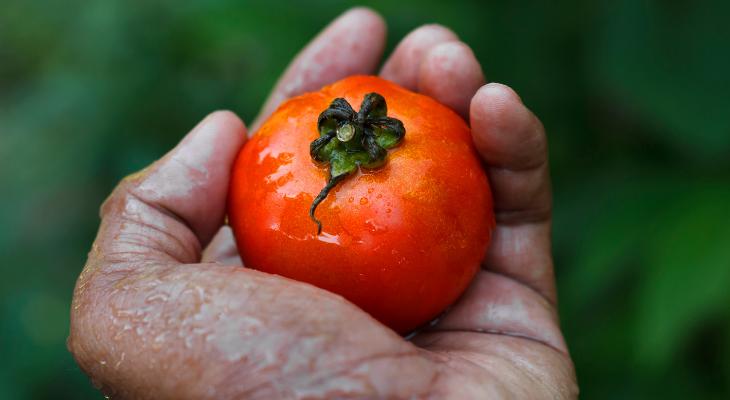
This is not an everyday morning. In our own particular lives and realities, we are collectively commemorating September 11, 2001, 20 years later.
In those stories, the universal is channeled to us, binding us together. My own experience of this day is just one more particular fold in the tapestry of the human story, one more rivulet feeding the greater flowing river of us.
For a few hours, I didn’t know if my mother was alive. I only knew she commuted through the World Trade Center, as she did every weekday morning. For a few hours, I didn’t know if one of my closest friends, a firefighter stationed a short mile from Ground Zero, was alive. My wife and I were living in DC, far enough from the Pentagon site, though she was working downtown that morning, commuting through the Metro which then shut down. We had no way of reaching each other, and I only heard later that the Secret Service came into her workplace to evacuate it, without any further explanation offered.
Things only came together piecemeal, like the tightly written script of a horror film. For so many of us, it felt like a movie. For me, it was like the filmmaker sought the contrast of perfect bucolic idyll with rapacious destruction. I started out tending a garden on a clear crisp morning, all alone, feeling the healing warmth of sunshine, relishing the fulsome tender skins of late summer tomato varietals in my palm.
Everyone I loved was safe. Everything I knew was uprooted. My life story, of being Egyptian-American, Arab, Coptic, religiously devout, democratically minded, intensified in its unfolding.
In a way, that led me here, though I could not have known it then.
What is this day, and what this time?
This is a day of sacred recollection.
Words fail to measure the magnitude, the sheer incalculability, the range, and the depth of our experiences of 9/11. Twenty years later, we at IFYC, like so many others, collect the shards of memory, recollecting, reconstituting the trauma and horror of that day. And the sacredness is in doing so together.
Those strands of sacred recollection are woven for us by contributing writers and storytellers: Eboo Patel, Paul Raushenbush, Silma Suba, Monique Parsons, Dr. Amina Darwish, Rabbi Josh Stanton.
It is on display for us in the profound conversation between four of our guests and Eboo through a webinar this Wednesday.
This is a time to reconcile hearts.
That notion of reconciliation, shared by Ms. Bilal on the webinar, rung with the clear purity of truth. Reconcile, to bring back that which has been broken, and to locate that in the human heart. Conciliation, that we may be at peace with one another, even after the tearing and searing of so much of what we love. Even after the loss of so many whom we love.
This we do together and is a holy reenactment.
Throughout, and in a way that appeared unexpected even to our conversation partners, we reenact through storytelling. For the first time, I can remember, our guests themselves were surprised by the depths of their reliving of the trauma and the ensuing stories. From the immediate surrealism of losing a sister whose body seemed to simply disappear, to the following weeks of rapidly escalating hate crimes that claim a beloved, gentle Uncle and leader in the Sikh community, this reenactment cleanses. We come together in a way that claims the universal experience of loss and death as one part of our common ground – as that which binds us.
It is only in going through this cycle of recollection, reconciliation, and reenactment, in this community we share, that I come to the deeper realization that this is truly at the heart of how we commemorate. We remember, (re)membering, together. We are thus reconstituted as us, again and again. Co-memory is communal and individual at once. We are distinct and we are bound. In commemoration, we taste a deeper reality of “time” in which the past becomes present through sacred rituals and stories. This is what Alia, Valarie, Robert, John, show through their stories in this week’s webinar conversation. They remember at once, reconstitute, reenact, and in that commemoration, we are bound. In that we are human.
I encourage you to share your stories with us. Feel free to simply send us an email. I am personally eager to know your stories and thoughts and welcome the chance to connect. Thank you for being a part of the IFYC community. Blessings to you and all you those you love on this anniversary of 9/11. And may we continue to hold on to committing through commemoration.
Share
Related Articles
American Civic Life
American Civic Life
We Commemorate, We Commit: Out of Catastrophe, a Conversation on Connection and Repair
Racial Equity
Immigrant Faith Communities On Rooting Out Anti-Black Racism




